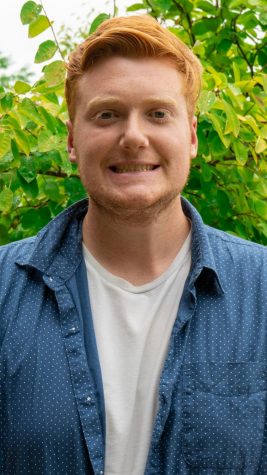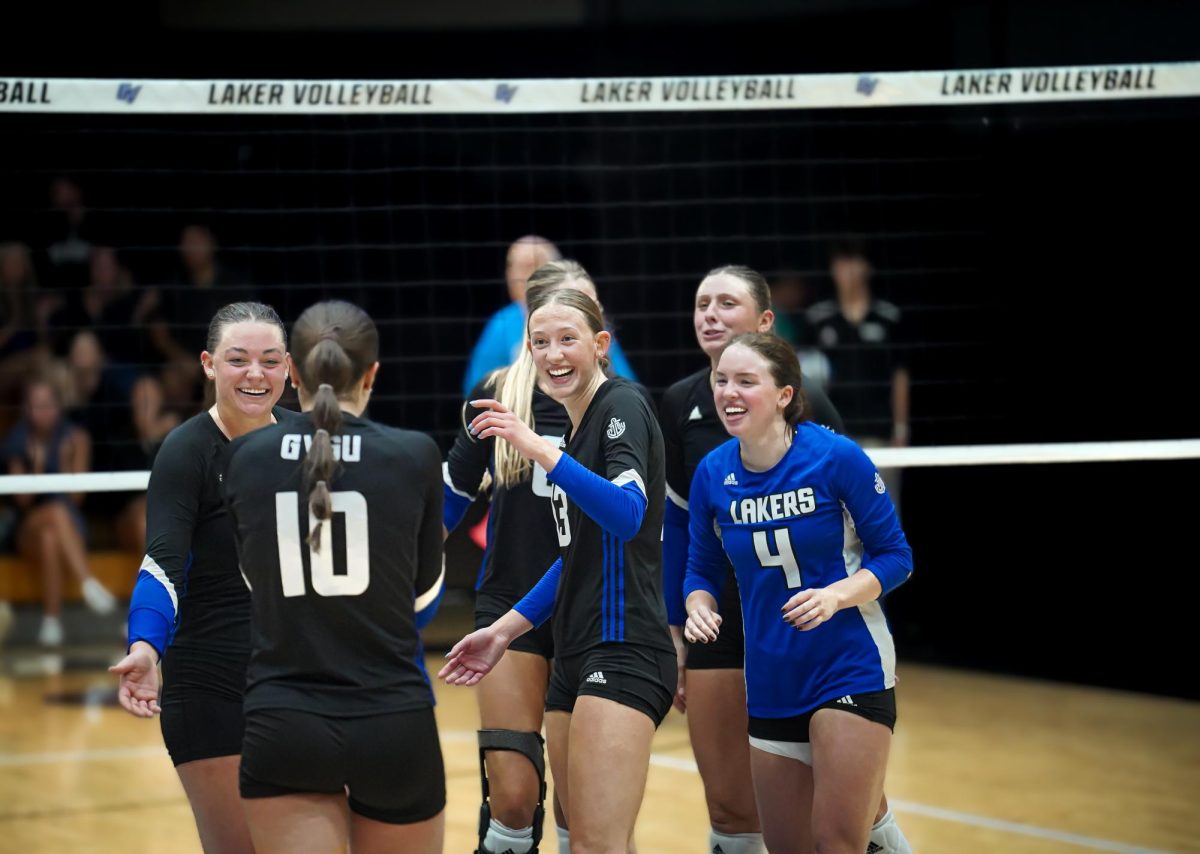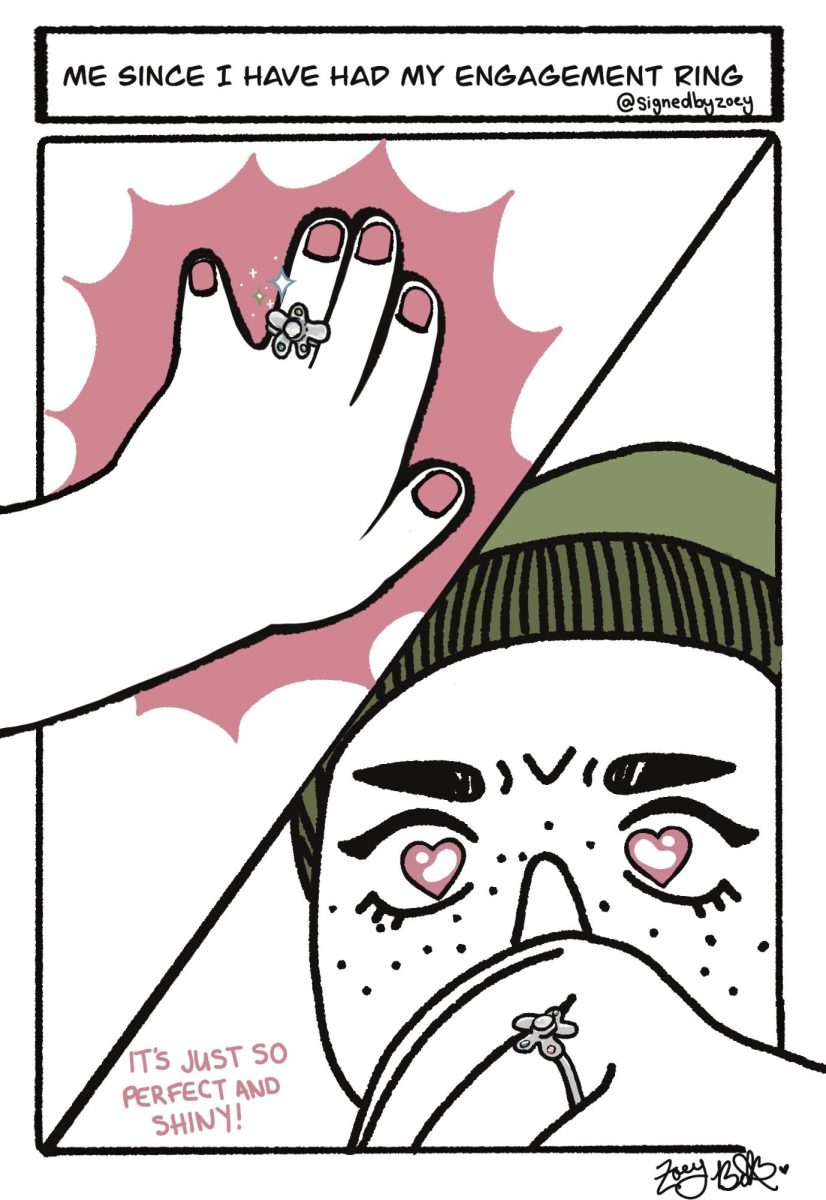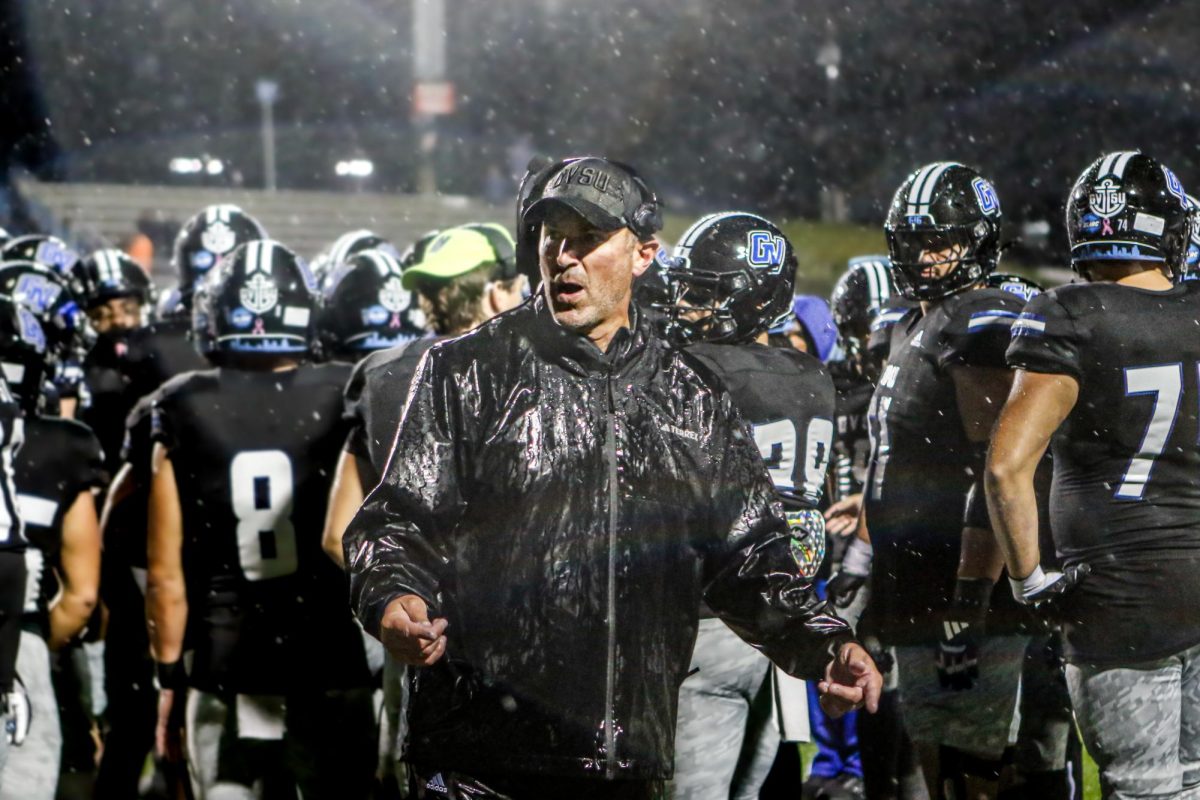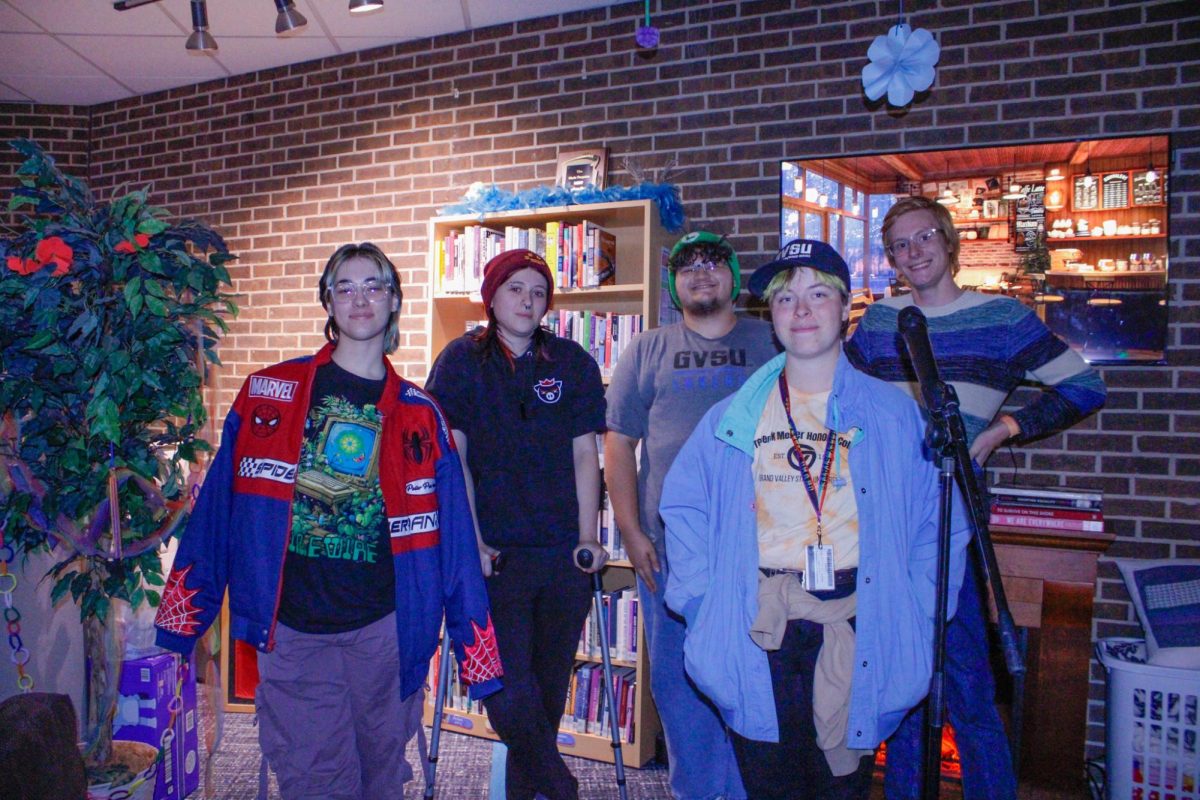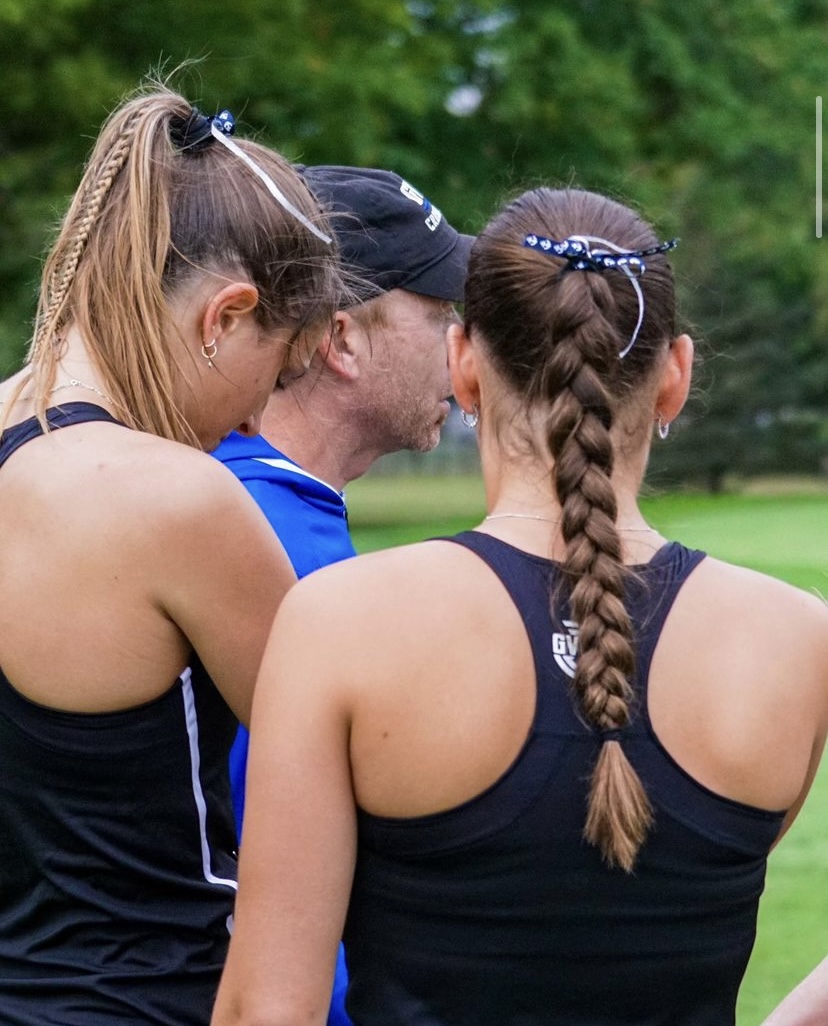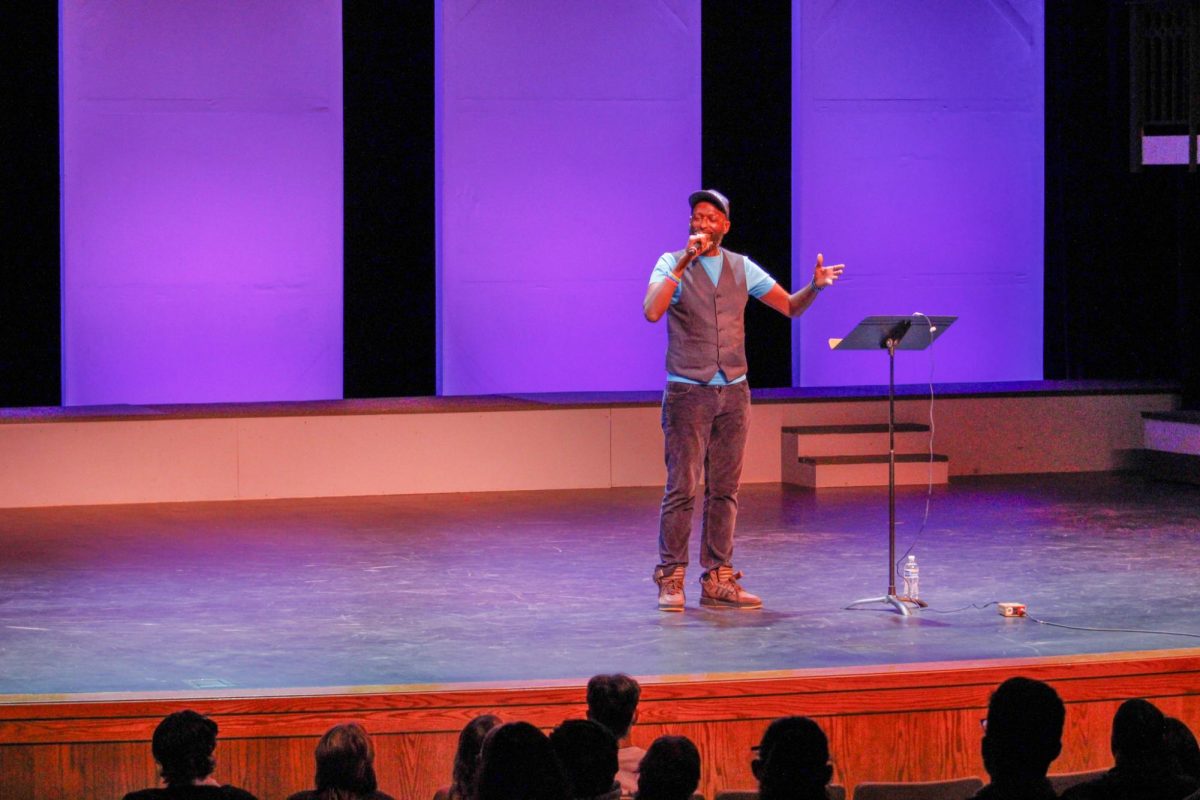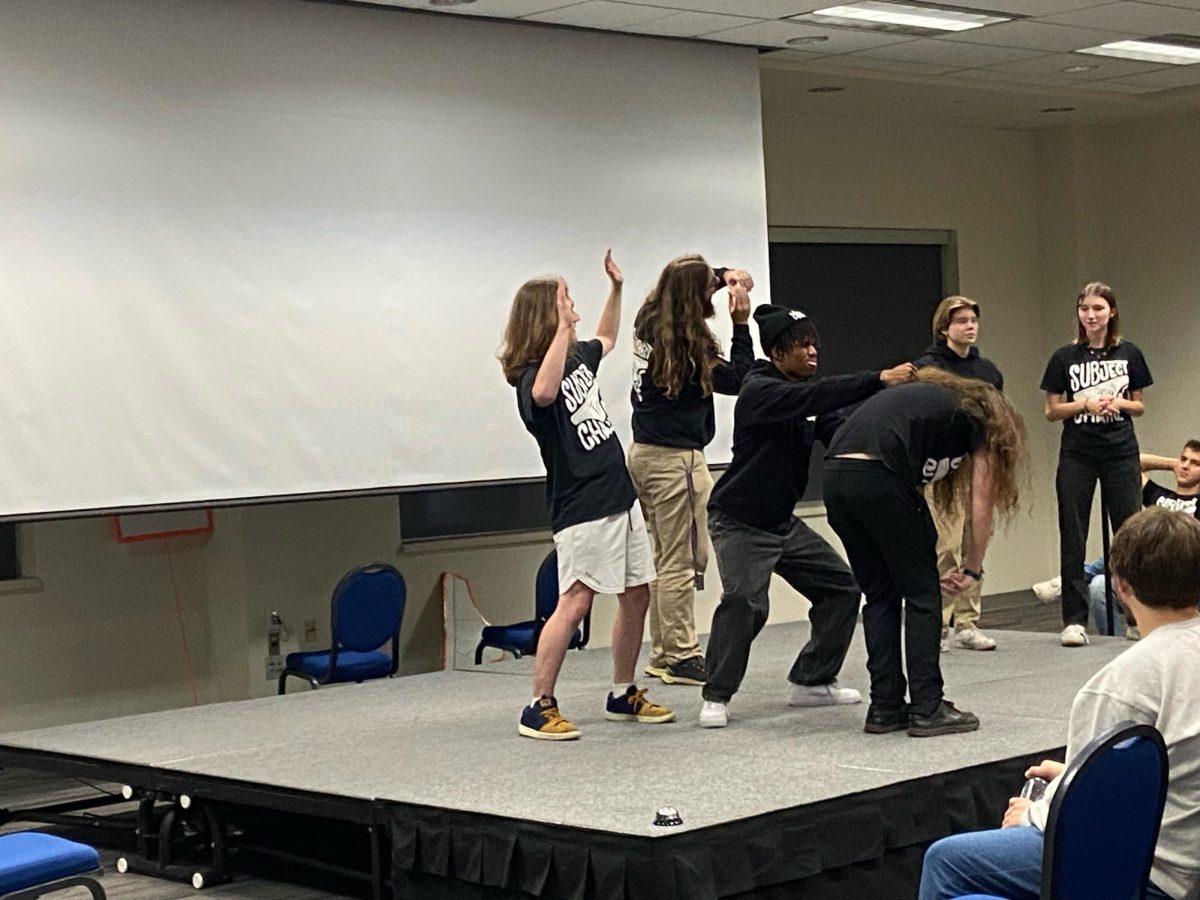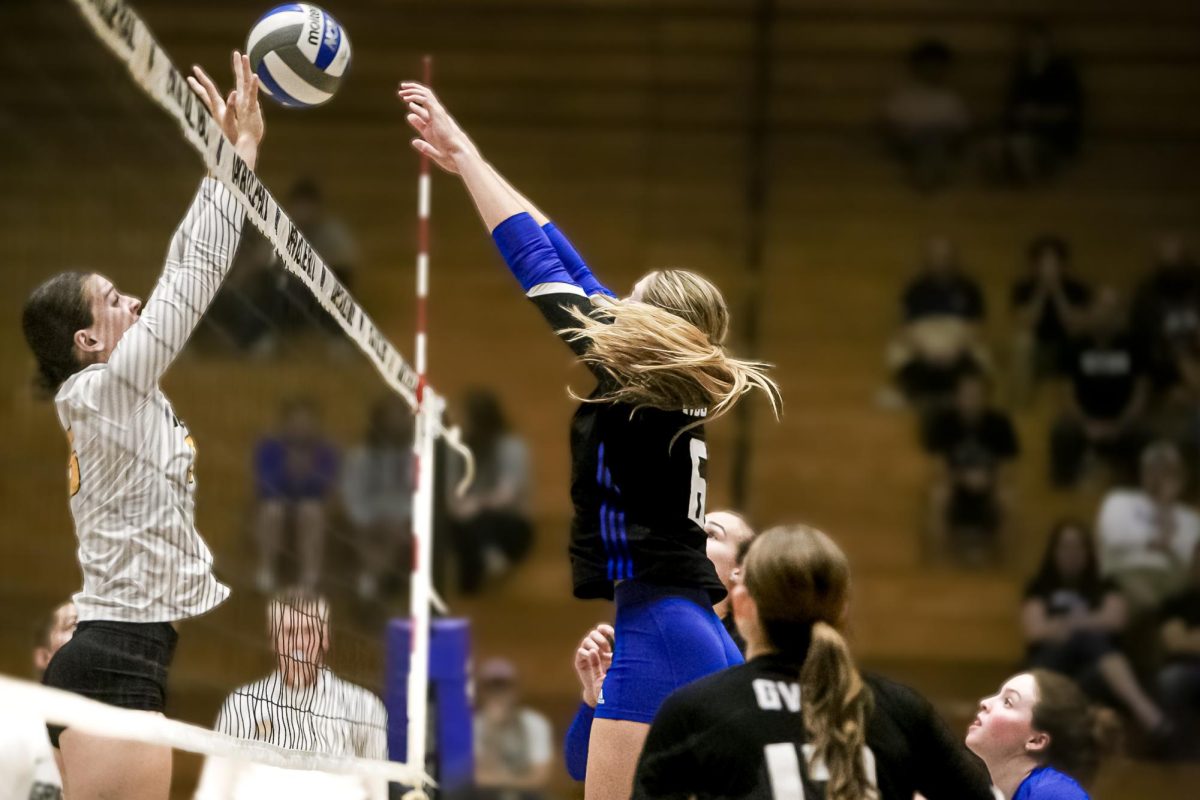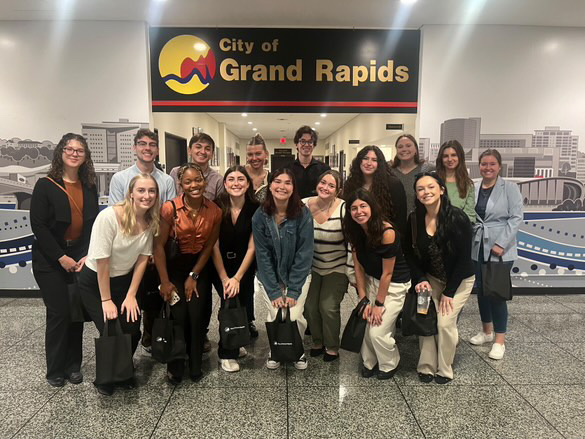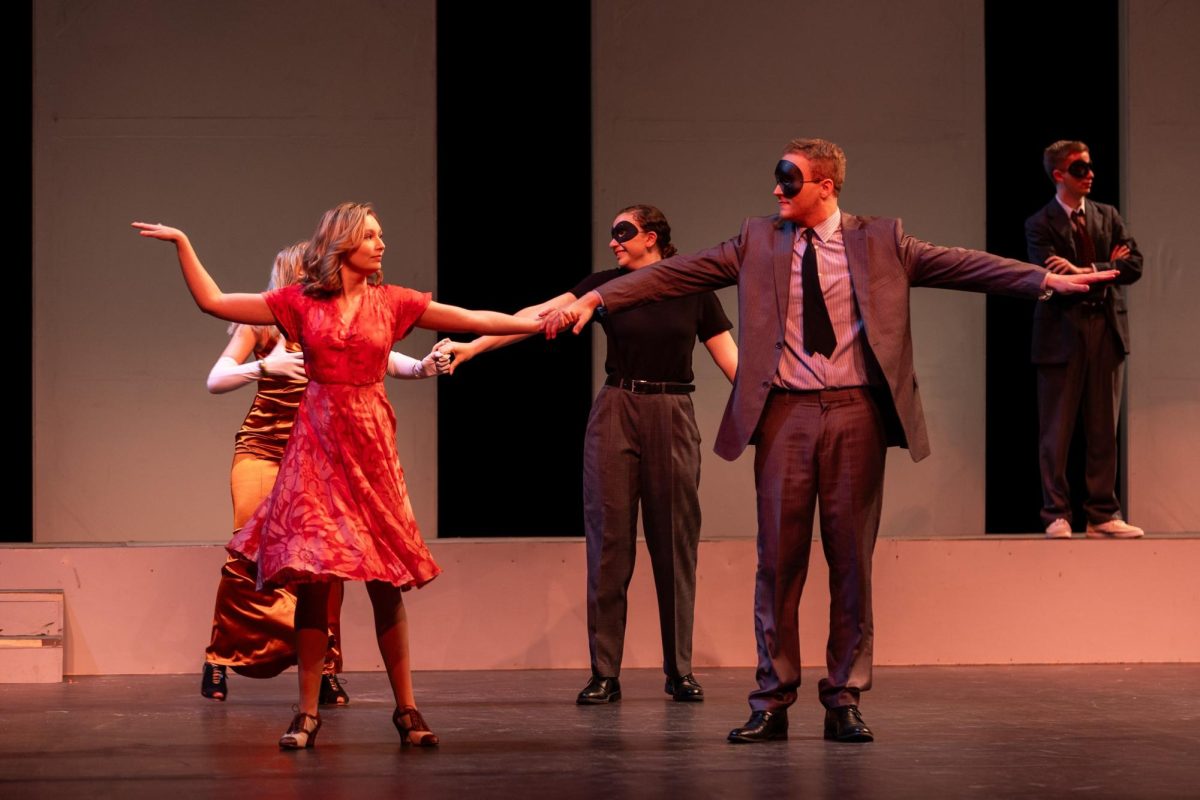News on News: Matthew Kauffman talks justice for Ignace Sossou and leading efforts to free him
Mar 26, 2020
By Kellen Voss ([email protected])
Over the course of the semester, the Lanthorn will be conducting an editorial and column series titled “News on News” revolving around how news is consumed today, the concept of ‘fake news’ and the fight journalists continue to fight to have their voices be heard.
In the first installment of this series, I highlighted award-winning Beninese journalist Ignace Sossou, who was arrested at his house and thrown in jail after live tweeting quotes from a public prosecutor at a high-profile South African conference.
Much like a kid on the schoolyard who sees his friend fall, investigative journalists Jeff Kelly Lowenstein and Matthew Kauffman, the latter of which has had multiple Pulitizer nominations and worked at the Hartford Courant for 30+ years, offered a hand towards their fallen comrade.
“He still remains in prison with an 18-month sentence,” Kauffman said. “There have been repeated pleas to various entities in the states and in his country and there does not seem to be any real interest in anyone taking up his case.”
Sossou remains in custody three months later, despite letters written to the Beninese government and House representatives in African government. Those letters were written on behalf of the Center for Collaborative Investigative Journalism, both of which saw dozens of investigative journalists across the world sign off on before Kauffman sent it in to the authorities.
Kauffman blames the lack of any sort of response to the letters on a governmental change and a general distrust in the media.
“Benin was a robust democracy until the new president came in 2016, things have been moved to be far more autocratic” Kauffman said. “One of the things autocrats do is crack down on free media, and that’s exactly what we’ve seen here.”
The care in Kauffman’s heart for a fellow journalist is quite remarkable, despite the fact that he has never had a face-to-face interaction with Sossou.
“I’ve never met him or even spoken to him, but when Jeff (Kelly Lowenstein) created the Center for Collaborative Investigative Journalism, our African members knew about Ignace’s arrest right away,” Kauffman said. “It came to our attention quickly, and I proposed that there’s something we should be doing as an organization. There is only so much power that activists have, but I thought at the very least we could try to find some pressure points.”
Devoted to journalism issues around the world as a through the Congressional Caucus of the freedom of the press’, Kauffman led the charge to craft a letter to U.S. Representatives of the House that has catapulted an effort to #FreeIgnace.
“I know reporters without borders and the committee to Protect Journalists are aware of his case and have started a change.org petition,” Kauffman said. “I wish I could say the letter has had some impact, but I don’t know. Maybe this is a cumulative thing and we don’t see it, but the authorities are felling pressure.”
Even though the group has gotten no indication that there was any intention of overturning Ignace’s sentence, he is proud of the work the team has done. This is far from the first time that he has faced pressure from a number of governing bodies and even higher-ups at the Hartford Courant.
“Honestly, I have more often than not been limited with what I could get into the paper by media lawyers,” Kauffman said. “I have had a lot of fights with lawyers. I have not quite experienced censorship, but limits on what I could publish came internally, not externally.”
While Kauffman is proud of the efforts that journalists around the world have made to help Sossou and hopes this sets a precedent for future journalists, he would like to see a change to the autocratic government to get justice for not only Sossou, but also future journalists who may now be too afraid to speak up.
“I’ve been really pleased to see how quickly a variety of different organizations, on their own, said this should not stand,” Kauffman said. “Journalists all over the world all over the world saw this, were disgusted by it, and immediately try to do something about.”
“Unfortunately, even when you’re right in the face of an autocratic government, there is not a lot you can do about it. That’s a shame, but if they won’t listen to appeals of fairness and justice, then what will they respond to?”



